This is a creeping ground cover with trailing stems reaching 3 ft. in length. These groups of slender, woody stems bear glossy, bright, evergreen leaves arranged in pairs. The delicately fragrant flowers are pinkish, bell-shaped and in nodding pairs at the end of 4-6 in. stalks. A low, delicate, matted evergreen plant with trailing stems having short, upright branches, each terminated by 2 pinkish-white, nodding bell-shaped flowers. Stems hairy. Twinflower was a favorite of the great Swedish botanist, Carl von Linne, who invented the system of binomial nomenclature. Description from wildflower.org
Home > Plant Guide >
Scientific Name
Family
Garden Type
Wildlife
Native Plant Region
Light needs
Water Needs
Plant Type
Bloom Color(s)
Height
Width
Months in Bloom
Safe Beneath Power Lines?
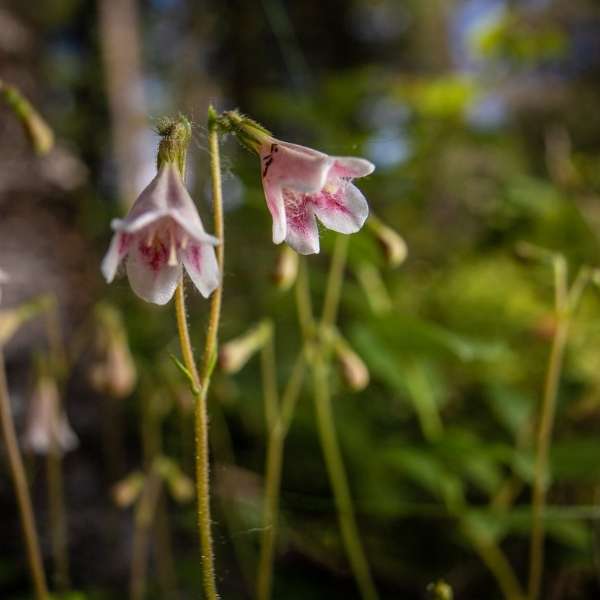
We’d like to maintain accurate and robust plant listings. If you see information that is not correct or that could be added to improve the listing, please let us know. Or if you’d like to suggest a plant to add to our plant guide, you can use this form do so. Thank you!
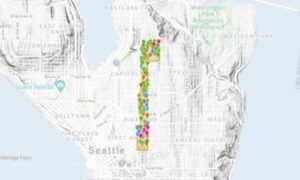
Get involved by sharing and mapping the birds, animals and nature around you to help the community understand the biodiversity in our neighborhood.
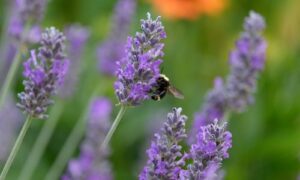
Check out our list of local wildlife-supporting plant stores and nurseries, organizations, and community science opportunities.
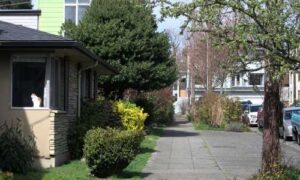
Do you wonder how a cat can be happy indoors? This presentation will give you a better understanding of cat behavior and the confidence that an indoor cat can be a happy cat.
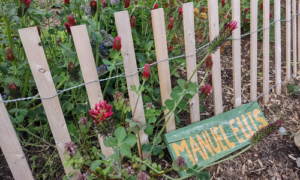
Three inspiring local food justice practitioners will share how their work in urban farming improves access to healthy foods, fosters relationships to land, and builds community.
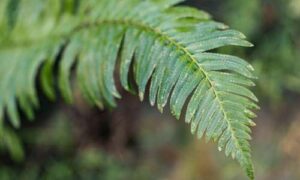
Despite the urban character and the high population density, a surprising diversity of life exists in Capitol Hill. Explore a few physical aspects of our urban ecosystems and meet some of its more-than-human residents.
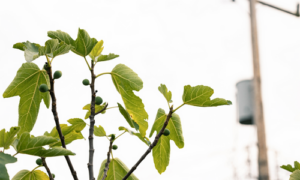
Learn about the diversity in pigeon populations in the United States and the implications of this variability on the species.
Nature of Your Neighborhood is a collaboration between Birds Connect Seattle, the Capitol Hill EcoDistrict, and the Seattle Bird Conservation Partnership. Our goal is to foster relationships between the people and the nature of their neighborhoods.